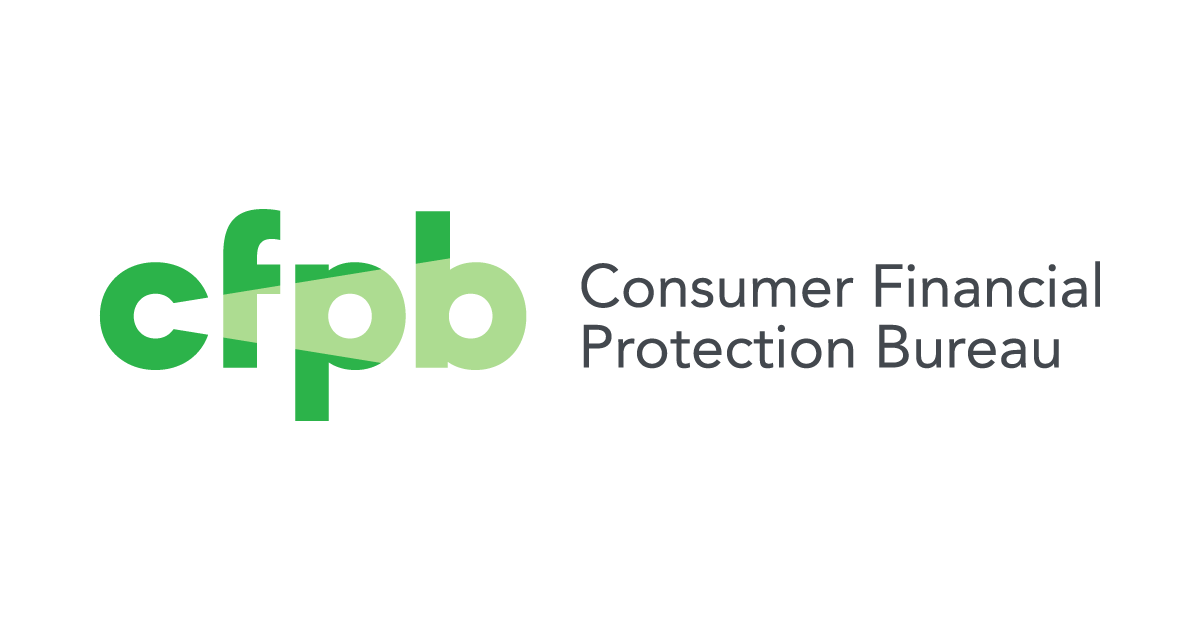WASHINGTON, D.C. – The Consumer Financial Protection Bureau released its fifth biennial report to Congress today on the consumer credit card market, finding that the market’s growth over the last few years reversed course in 2020. In reviewing the market for potential consumer harm, the report presents the latest research on consumer card use, cost, and availability. From a 2019 peak of $926 billion, credit card debt fell to $811 billion by the second quarter of 2020, the largest six-month decline on record, before reaching $825 billion by the end of the year.
“While public and private programs helped consumers bring down their credit card debt during the pandemic, we at the CFPB will be watching to make sure families and individuals still struggling get the assistance they need,” said Dave Uejio, the Acting CFPB Director. “Across the credit card market, consumers sought and used less credit, paid down debt, and dropped late payment rates to historic lows. As pandemic relief efforts end, the CFPB will be using all our tools to support an equitable recovery.”
Since the passage of the Dodd-Frank Act in 2010, and pursuant to the Credit Card Accountability Responsibility and Disclosure Act of 2009, the CFPB has submitted a report to Congress every two years on the state of the consumer credit card market. The report released today highlights several indicators related to consumer credit card activity during the pandemic, including:
- More than 25 million consumer credit card accounts representing approximately $68 billion in outstanding credit card debt entered relief programs in 2020, figures vastly higher than in prior years;
- The share of accounts with a revolving balance declined in 2020, more consumers paid down their card debt in 2020, and existing cardholders paid off the highest share of their credit card debt in recent years;
- Total credit line across all consumer credit cards fell slightly in 2020 from a post-Great Recession high of over $4.5 trillion in 2019 but remained above 2018 levels;
- Application volume for credit cards decreased sharply in 2020 from its peak level in 2019, with approval rates also falling but not as markedly;
- Late payment and default rates have fallen to historic lows, most notably for consumers with below-prime scores;
- Consumers with below prime scores saw the greatest constriction in available credit card line, even as utilization of that line fell;
- Digital engagement—whether reflected in enrollment in online portals, enrollment in mobile apps, opt-in rates to e-statements over paper equivalents, or electronic payment of credit card bills—is growing consistently across all age groups and nearly every platform type; and
- Credit card issuers continued to make fewer debt collection phone calls for delinquent credit card accounts while increasing the use of emails in collection.
During the pandemic, many cardholders received direct federal assistance, enhanced unemployment benefits, and payment and interest suspension of federally held student loans. Buttressing those public efforts, credit card issuers also provided relief to cardholders through payment deferrals and fee waivers. The report notes the continued importance of issuers improving customer service and system reliability related to those relief programs and ensuring that their systems operate in full compliance with applicable law, even as the market continues to change with evolving economic conditions as well as with innovation in the card market and in competing product markets.
The release of today’s report reflects the CFPB’s ongoing work to ensure the adequacy of consumer protection and a transparent and competitive marketplace for all consumers, particularly the most vulnerable. The report notes several specific areas of CFPB concern—including issuer failure to report payment amounts to credit bureaus and issuer practices with respect to credit line decreases—that will be the subject of further work as the CFPB works to promote an equitable recovery. The CFPB also intends to increase its use of demographic data in its future research.
Read the 2021 Consumer Credit Card Market report to Congress.
The Consumer Financial Protection Bureau (CFPB) is a 21st century agency that helps consumer finance markets work by making rules more effective, by consistently and fairly enforcing those rules, and by empowering consumers to take more control over their economic lives. For more information, visit www.consumerfinance.gov.
Official news published at https://www.consumerfinance.gov/about-us/newsroom/cfpb-report-finds-declines-credit-card-debt-new-applications-increases-digital-engagement-2020/
Images courtesy of PixaBay
The post CFPB Report Finds Declines in Credit Card Debt, New Applications and Increases in Digital Engagement in 2020 first appeared on RSVTV news.
originally published at Finance - RSVTV news

